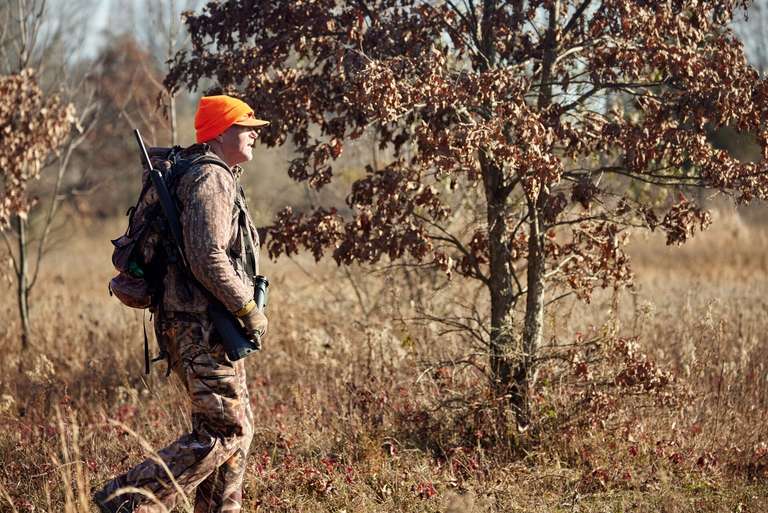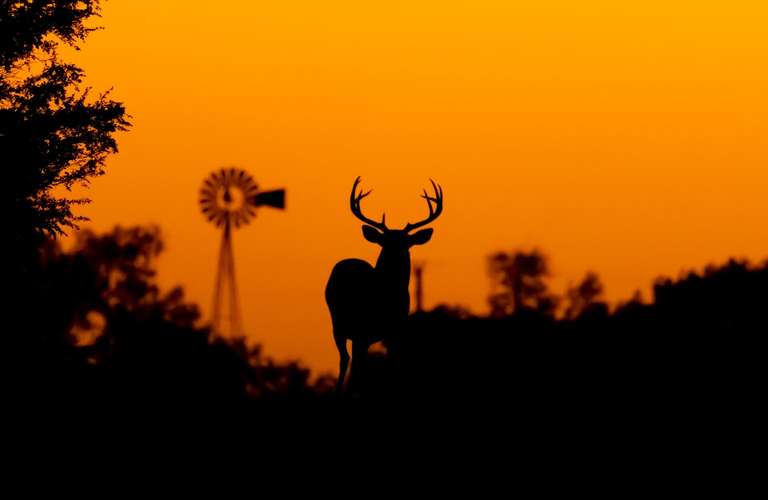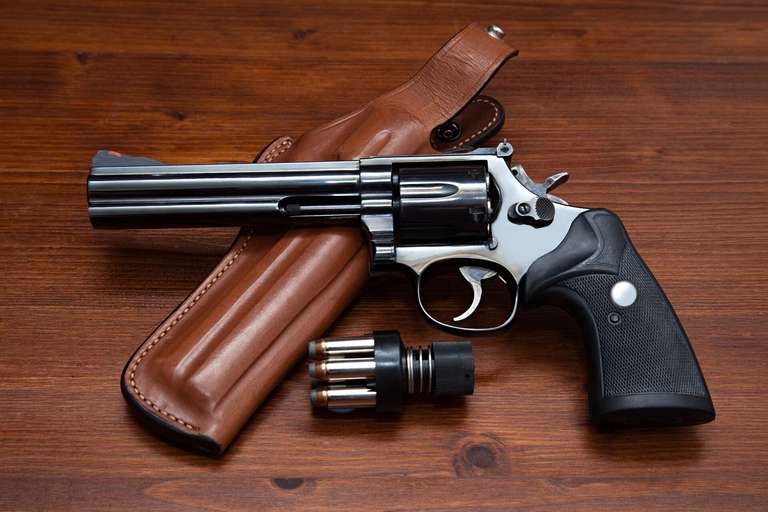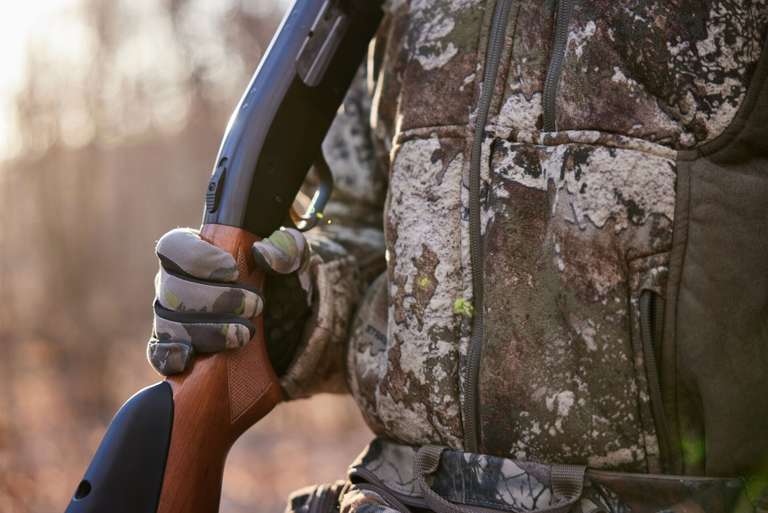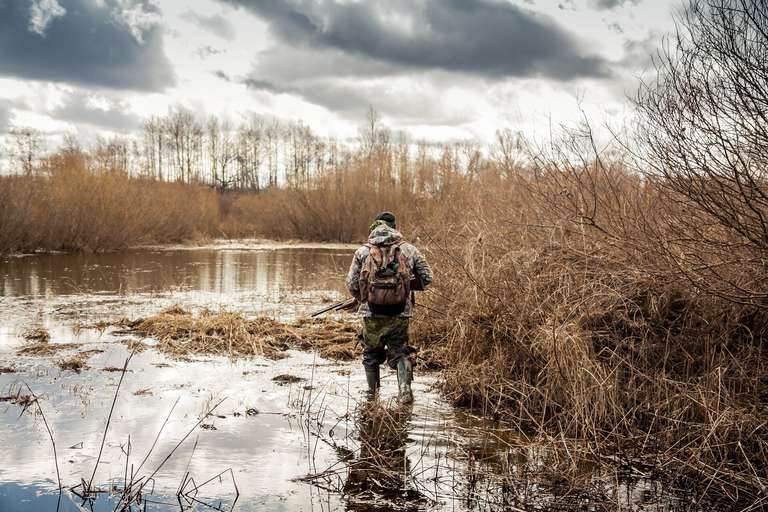What Causes a Hang Fire (and What To Do If It Happens)
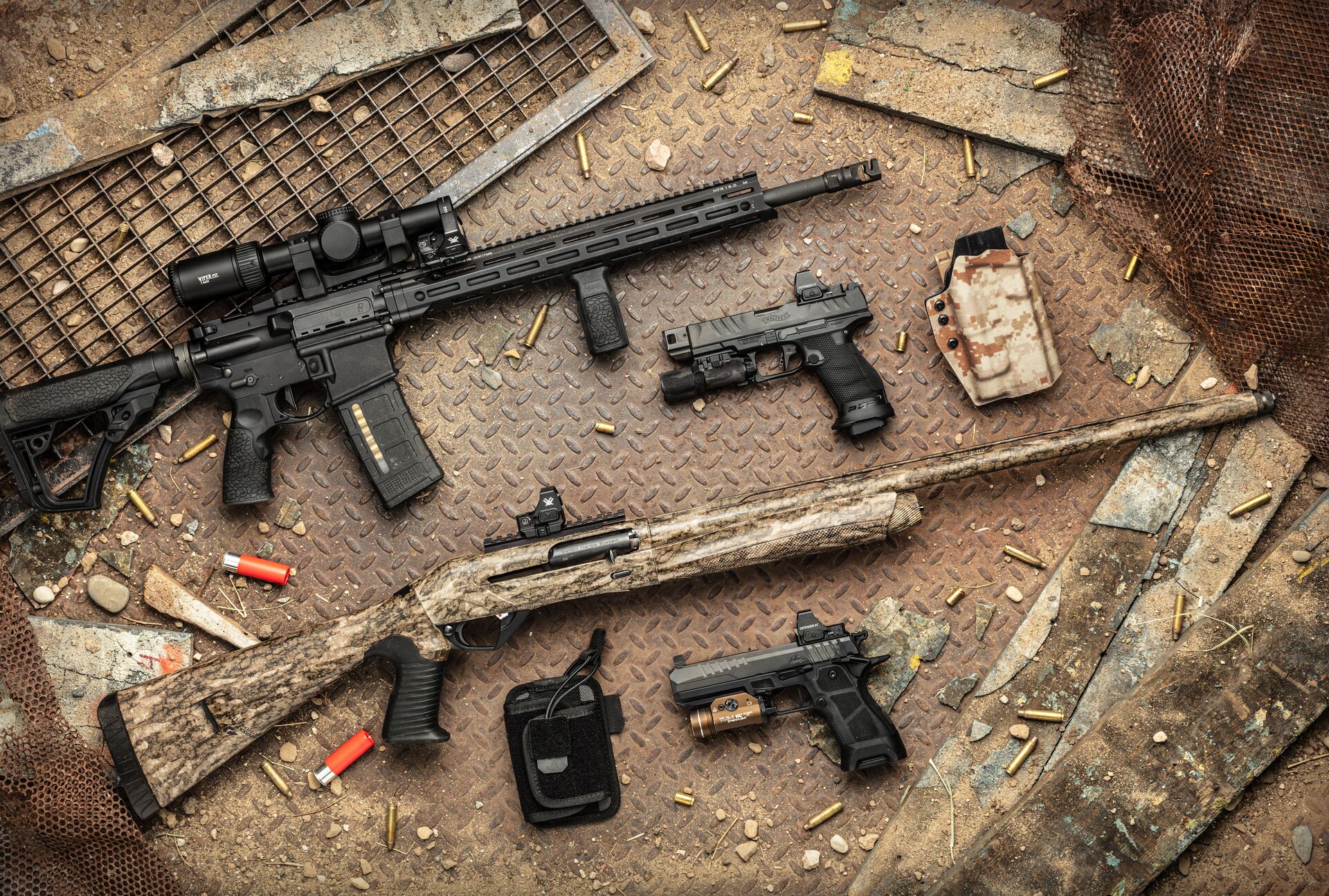
As a hunter, your firearm and the ammunition you choose are critically important tools for success in the field. However, like any mechanical device, they can fail.
One of the more hazardous weapon and cartridge malfunctions is a hang fire.
Let's look at what causes hang fires, what to do if you experience one, and how to minimize your chances of having one.
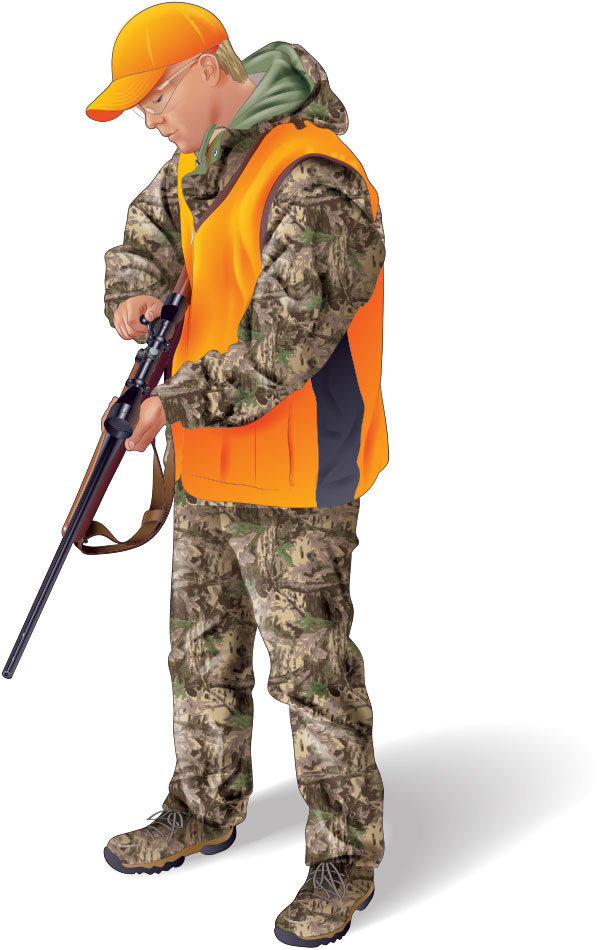
What Is a Hang Fire?
When you press the trigger, the firing pin strikes the cartridge's primer. That action should cause the primer to detonate, igniting the powder inside the cartridge and sending the bullet through the barrel.
However, a hang fire happens when there is a delayed discharge of the bullet in a firearm after the trigger has been pulled. This delay can range from barely noticeable to several seconds.
A hang fire can easily be confused with a misfire. A misfire occurs when the firing pin strikes the primer, but the cartridge powder fails to ignite.
Since you likely cannot distinguish between a misfire and a hangfire at the moment, you should treat them the same until your weapon is cleared. In other words, when you have a "click-silence" instead of a "click-boom," you now have a hang fire.
What Causes a Hang Fire?
Several factors can cause a hang fire. Let's take a look at the most common.
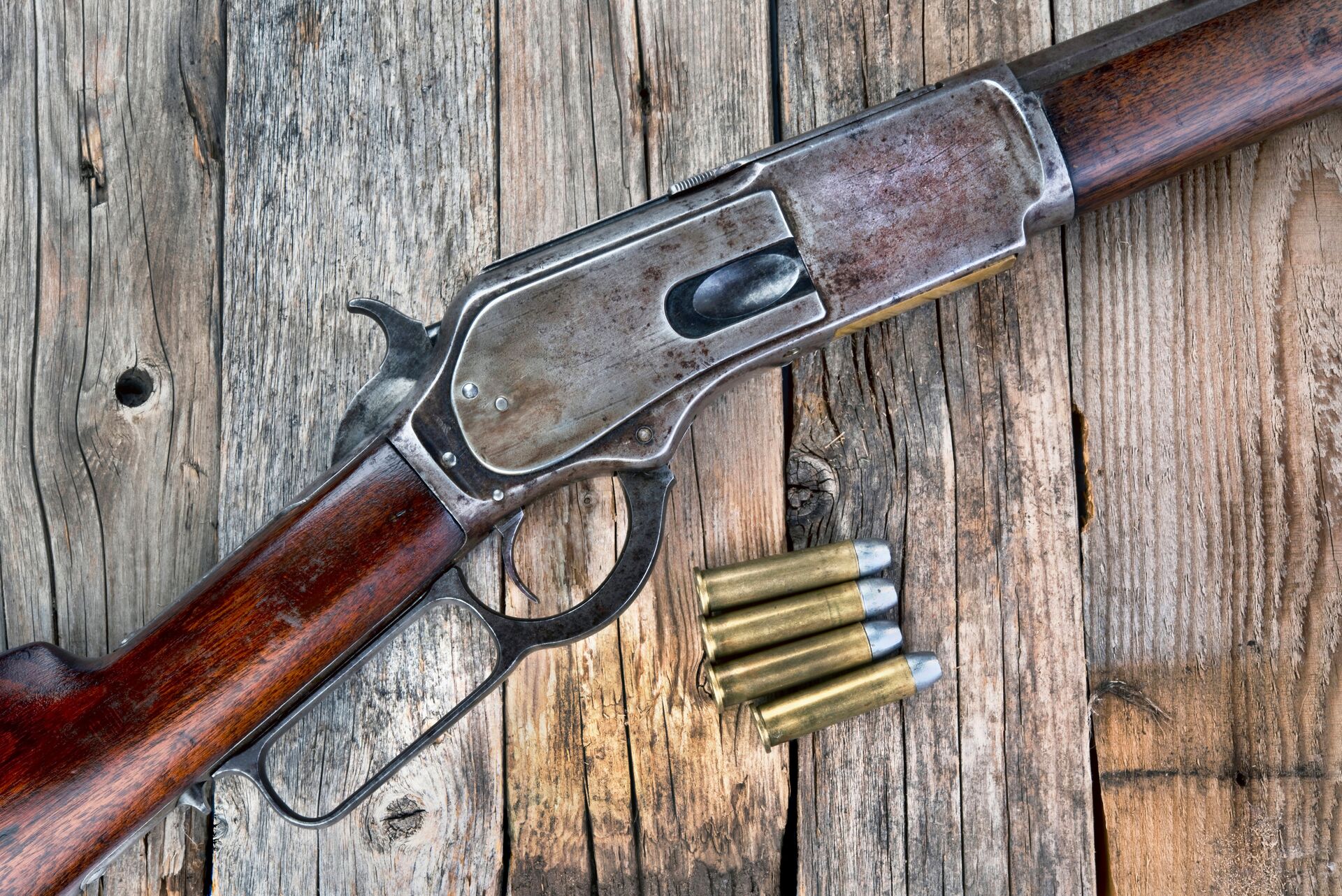
Faulty Ammunition
Defective ammunition is the top culprit when it comes to hang fires.
Old or improperly stored ammo can lead to these dangerous situations. When cartridges are exposed to moisture or damp environments for a prolonged time, water can creep into the casing if the primer or bullet is not perfectly sealed.
Gunpowder also degrades over time, even in ideal storage conditions. That's why you must properly store your ammo and regularly rotate your supply.
Primer Problems
The primer provides the initial spark that ignites the gunpowder in the cartridge. If the primer is defective or contaminated, the ignition could be delayed.
Aside from water damage, the most common culprit is light penetrating oil.
Modern primers have a lacquer coating that does a fantastic job of keeping water from penetrating the primer. Oil, however, can eventually work its way into the cartridge and damage the primer.
Powder Issues
The condition and quality of the gunpowder can also lead to delayed ignition. Again, moisture will be a significant factor affecting the cartridge's reliability. If the powder is damp, it will burn slower or more inconsistently.
Poor-quality gunpowder and lax quality control by lower-end manufacturers can also contribute to hang fires. Avoid buying surplus ammo or reloads.
Mechanical Malfunctions
Mechanical issues within the firearm can also contribute to hang fires.
The primer contains a small amount of shock-sensitive explosive. When the trigger is pulled, the hammer, or striker in some pistols, hits the firing pin and drives it into the primer. The explosive in the primer detonates, sending a tiny spark and flame into the cartridge that ignites the gunpowder.
If the hammer doesn't strike the pin with enough force or the pin doesn't make contact with the primer, the primer will not explode.
Mechanical issues are often due to wear and tear on firearm components, especially older guns. A weak spring or worn pin surface could prevent the pin from making complete contact with the primer.
Improper maintenance and lack of cleaning can lead to carbon buildup or sludge, making the firing pin stick.
Environmental Factors
Extreme hot and cold temperatures can also affect your ammunition's performance.
The speed of a chemical reaction is influenced by temperature. For example, gunpowder burns faster in hot temperatures and slower in cold temperatures.
While temperature and elevation influence the bullet once it leaves the barrel, it rarely affects the primer's ignition or the gunpowder's burn rate to the point of causing a hang fire.
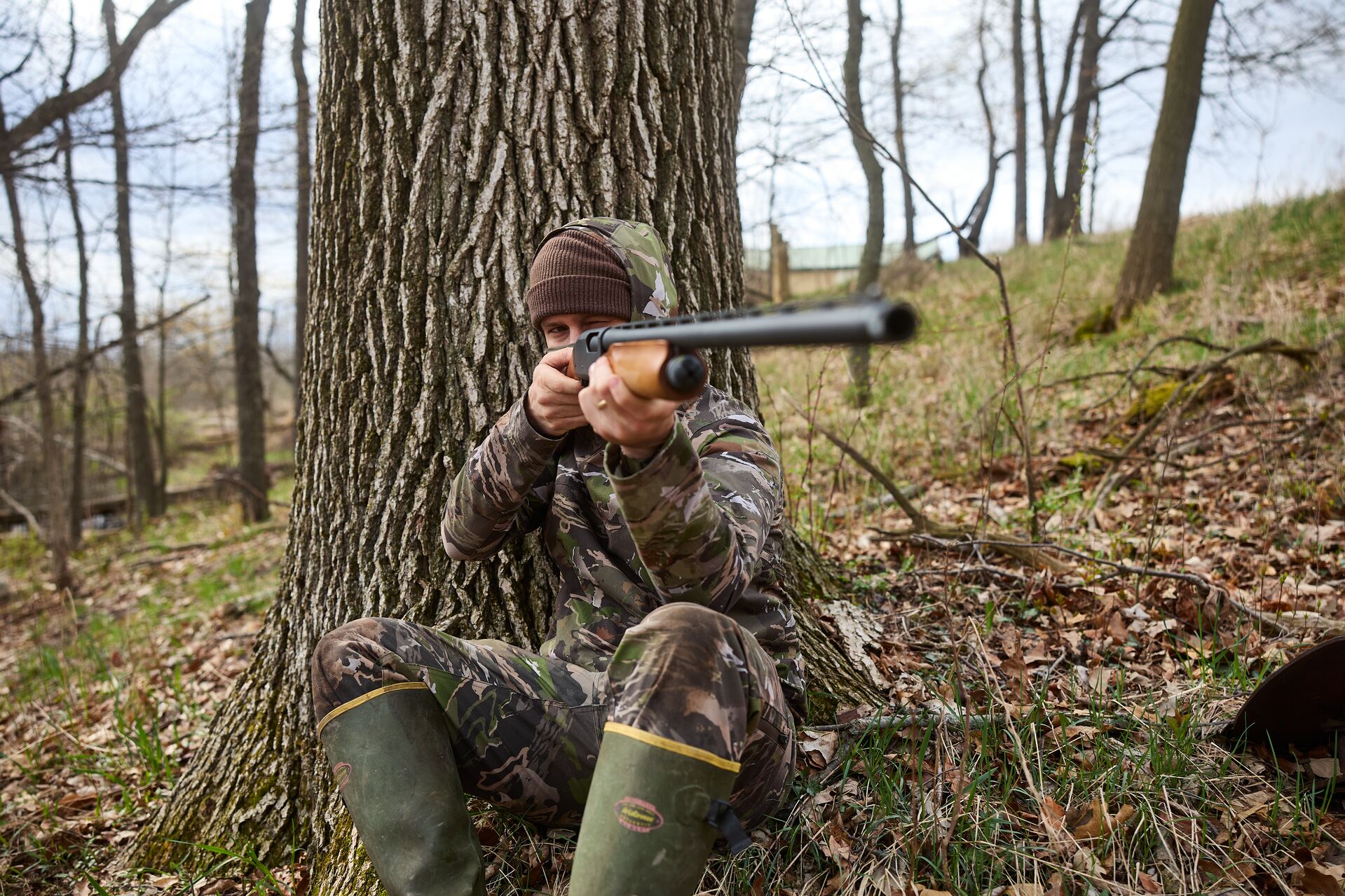
What To Do If a Hang Fire Happens
Knowing how to respond to a hang fire is a critical skill every hunter should have before taking to the field.
Here are the four steps to successfully clearing a hang fire in your weapon.
1. Take Immediate Safety Measures
When you press the trigger and nothing happens, there is no way of immediately knowing if you have a dud cartridge or a hang fire.
First, take your finger off the trigger and keep the firearm pointed in a safe direction. Wait at least 30 seconds before moving to the next step. The gunpowder could still be burning and unexpectedly discharge, even when the cartridge is no longer in the firearm.
2. Handle and Inspect the Firearm Properly
After waiting, carefully open the action.
If possible, remove the cartridge and inspect the chamber and ammunition for any signs of damage. Check to see if there is a dent in the primer. You may notice a light primer strike compared to other successfully fired cartridges.
If so, you may have a mechanical issue that needs to be resolved by a qualified gunsmith.
3. Do Not Attempt to Re-fire Immediately
Do not rechamber the cartridge and attempt to fire it again. You may have a defective cartridge or dud primer.
Safely dispose of the cartridge according to local regulations. Do not throw it in the trash or leave it on the ground for others to find. If you are shooting at a range, ask the range safety officer for directions on safely disposing of the cartridge.
4. Seek Professional Help if Needed
If you continue to experience hang fires with different kinds of ammunition, you should consult a qualified gunsmith or expert.
Regular firearm maintenance on your part, along with periodic "check-ups" from a gunsmith, will ensure your firearm is reliable and ready to perform throughout the hunting season.
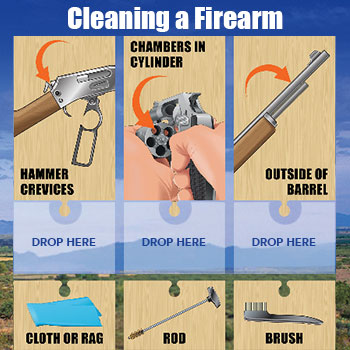
Preventive Measures to Avoid Hang Fires
When it comes to firearms, being proactive is always better than being reactive.
Here are some steps you can take to minimize the chance of hang fires during a hunt when you need your firearm to perform on demand.
- Proper Ammunition Storage: Store your ammunition in airtight containers or ammo cans with desiccant packs in cool, dry, and dark places. Avoid locations like your uninsulated garage or outside shed.
- Regular Firearm Maintenance: Regularly clean and inspect your firearms. Always do a function check with an unloaded weapon before you take it hunting, and make sure to clean and check your gun when you return from the field — even if you haven't fired it. Always use proper cleaning solvents and lubricants. Avoid over-oiling, especially with penetrating oils that can damage primers.
- Ammunition Quality: Use ammunition from reputable brands and buy the highest quality you can afford for hunting to avoid the risk of hang fires. Avoid surplus ammunition to minimize hang fires and other ammo-related malfunctions.
Like the food in your pantry, you should regularly rotate your ammo stock to ensure you shoot older ammunition first.
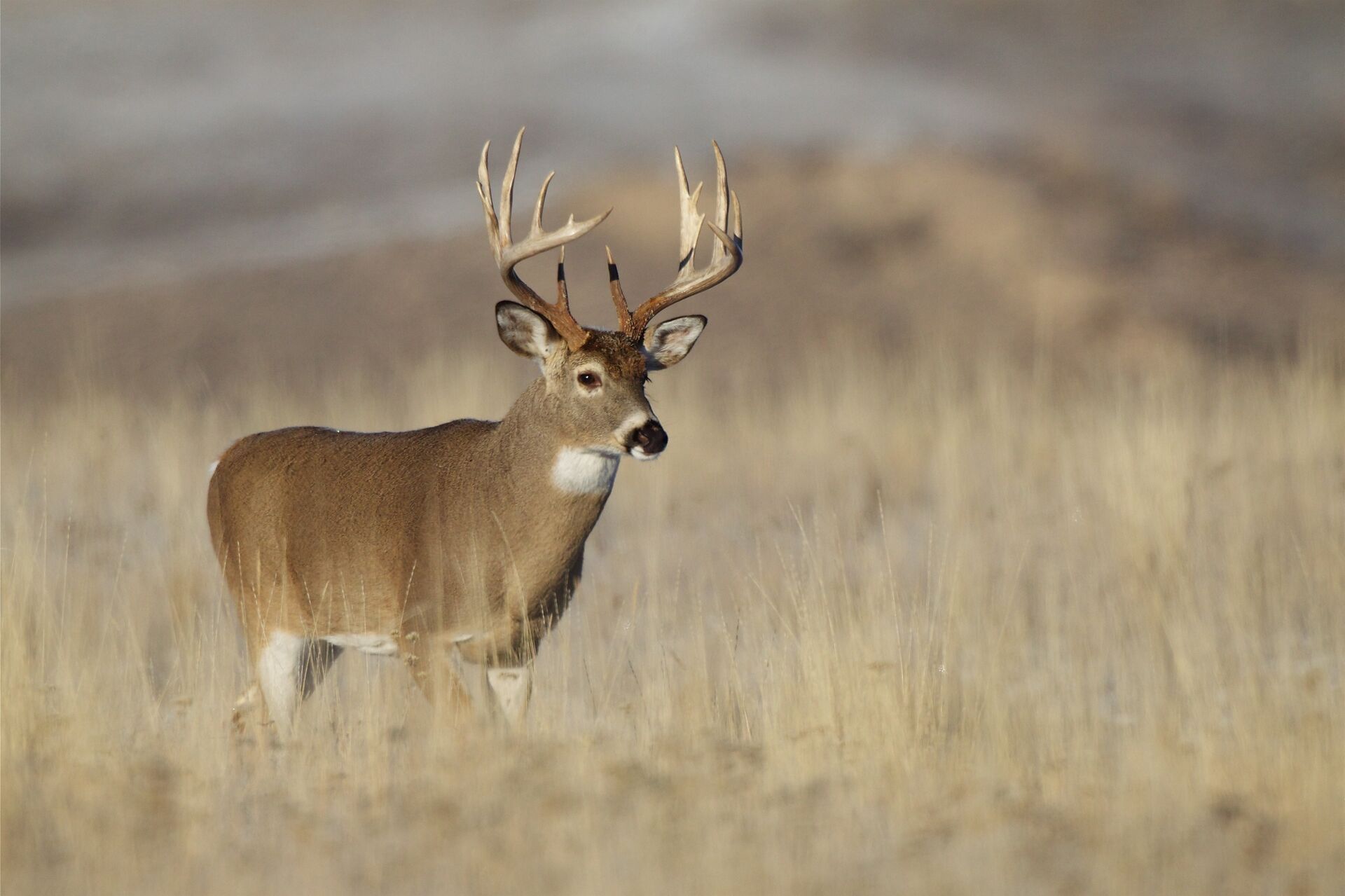
Learn More About Safety and Firearm Malfunctions With ilearntohunt
Understanding hang fires and other firearm malfunctions is crucial for any responsible hunter who relies on a gun for a successful day in the field. Staying proactive about firearm maintenance, ammunition quality, and storage can also significantly reduce the risk of a hang fire.
With your firearm buttoned up and knowing how to handle malfunctions if they happen during a hunt, we also recommend taking a hunter education course. Most states require it to purchase a hunting license. However, even if your state doesn't have this requirement, the information in a comprehensive hunter education course like ilearntohunt helps you better understand malfunctions and other important topics to help you become a better hunter.
Our online, gamified courses meet state requirements for hunter education. So, before your next hunt, choose the course for your state to get the training you need to stay safe in the field.

